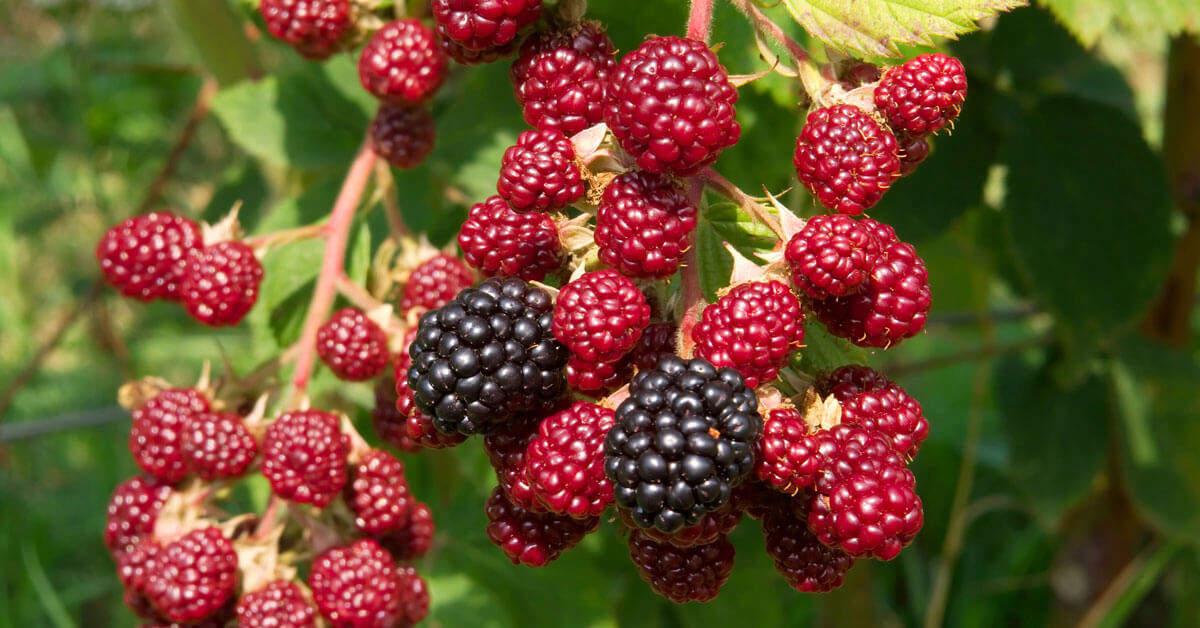
If you are new to organic gardening, there are some simple things you should keep in mind. You need to water plants to thrive. Check your roots frequently and be on the lookout for pests. You can also grow organic plants from a variety different species. This will make it easier to avoid pest and disease problems. By mulching, adding compost or straw, weeds can be managed naturally. Blackberries, for instance, require minimal care. They only need a light sprinkle of water in the spring and summer.
Another benefit of organic gardening is that you won't have to purchase pesticides. Organic pesticides have a higher safety and effectiveness than synthetic, and they are less toxic than synthetic. You can also use bacteria to kill caterpillars. This is a benefit for organic gardens. Be sure to read the label and only apply the correct amount. A simple granule of bacterial fertilizer is all that is needed. To avoid poisoning your plants, you should always follow the directions on the package.

Once you are comfortable with organic gardening, you can begin planning your first garden. You will need to decide where and what varieties you would like to grow. Some people prefer single crops, while others prefer continuously-producing varieties. For maximum pollination and a balanced food system, you should plan your plantings. Seedlings can be purchased from a nursery to make life easier. Make sure you inspect the seedlings carefully to ensure they are free from any pests or diseases. If the seedlings aren't certified organic, inquire about their organic certification.
Rotating crop varieties is one of the best ways you can protect your organic garden. Different plant varieties should be rotated to avoid the same types of pests or diseases building up. Pests can develop in your soil from if you grow the same crops too close together. Natural fertilizers, which are natural substances that can be applied to crops in rotation, can help reduce the likelihood of pests. These include seaweed extracts and fish emulsion. You can easily find animal droppings at your local garden center.
Fertilization is essential for vegetables to grow well. To increase soil fertility you can use compost and fertilizer. If you're a new gardener, be sure to read the instructions on the seed packaging. Some seeds need special care, while others can tolerate partial shade. Focusing on the roots is the best way to water your plants. Even though you don’t want to drown your plants, it is important that they stay moist. A good drainage is also important.

Maintaining a clean garden is another important aspect of organic gardening. You can make your gardens more appealing by making sure the plants are in good health. You must be careful with pests. When you're dealing with insects, you should be wary of the ones that look like they might attack your plants. You must immediately get rid off any pests that you find. While they aren’t always harmful to your garden, they can be very destructive.
FAQ
What should I do the first time you want to start a vegetable garden?
Preparing the soil is the most important step in starting a garden. This involves adding organic matter, such as composted soil, grass clippings and leaves, straw or other material, to help provide nutrients for the plants. Next, place seeds or seedlings in prepared holes. Finally, water thoroughly.
Which type of lighting best suits indoor plant growth?
Because they emit less heat that incandescents, floriescent lights are a good choice for growing indoor plants. They also provide consistent lighting without flickering or dimming. Fluorescent bulbs can be purchased in regular and compact fluorescent versions. CFLs consume up to 75% less electricity than traditional bulbs.
How many hours of daylight does a plant really need?
It all depends on what kind of plant you have. Some plants require 12 hours of direct sunshine per day. Some plants prefer 8 hours of direct sunlight. Most vegetables require 10 hours direct sunlight in a 24-hour period.
Statistics
- Today, 80 percent of all corn grown in North America is from GMO seed that is planted and sprayed with Roundup. - parkseed.com
- According to the National Gardening Association, the average family with a garden spends $70 on their crops—but they grow an estimated $600 worth of veggies! - blog.nationwide.com
- As the price of fruit and vegetables is expected to rise by 8% after Brexit, the idea of growing your own is now better than ever. (countryliving.com)
- According to a survey from the National Gardening Association, upward of 18 million novice gardeners have picked up a shovel since 2020. (wsj.com)
External Links
How To
How do I keep weeds from my vegetable garden?
Weeds are one of the biggest threats to growing healthy vegetables. They are a threat to water, nutrients and sunlight as well as for space. These tips can help prevent them taking over your garden.
-
Take out all flowering plants
-
Take out any plant debris from the base of your plant
-
Mulch
-
Water regularly
-
Rotate crops
-
Do not let the grass get too long
-
Keep soil moist
-
Plant early
-
Harvest often
-
Add compost
-
Avoid chemical pesticides
-
Get organic vegetables
-
Buy heirloom seeds
-
Start small
-
Learn more about companion-planting
-
Be patient
-
Enjoy gardening!